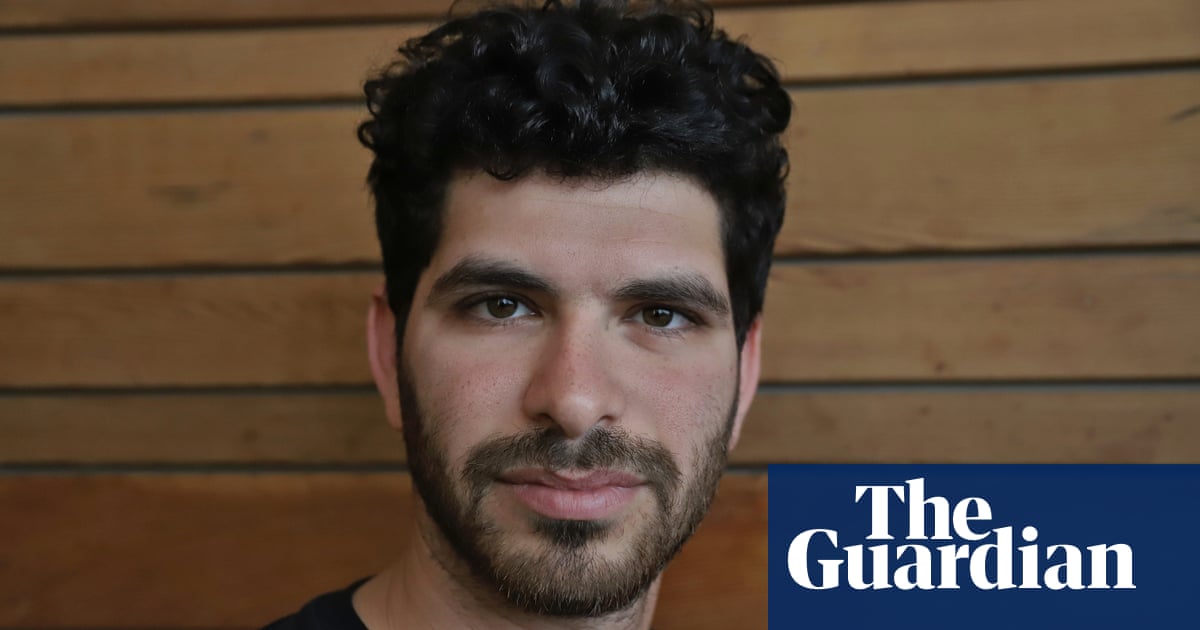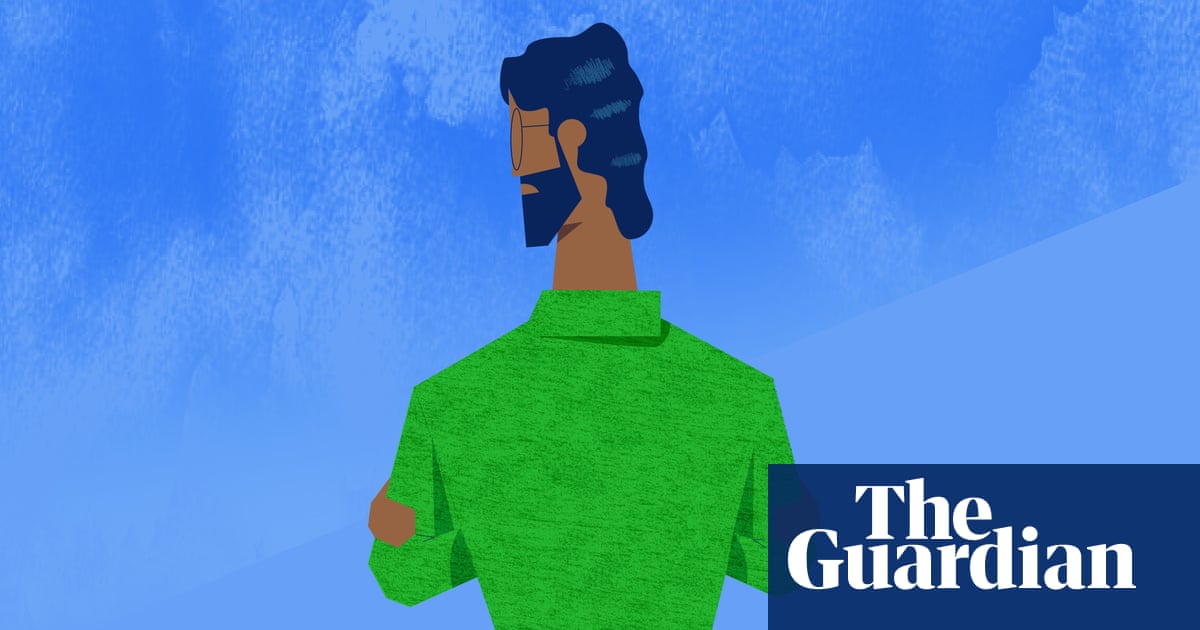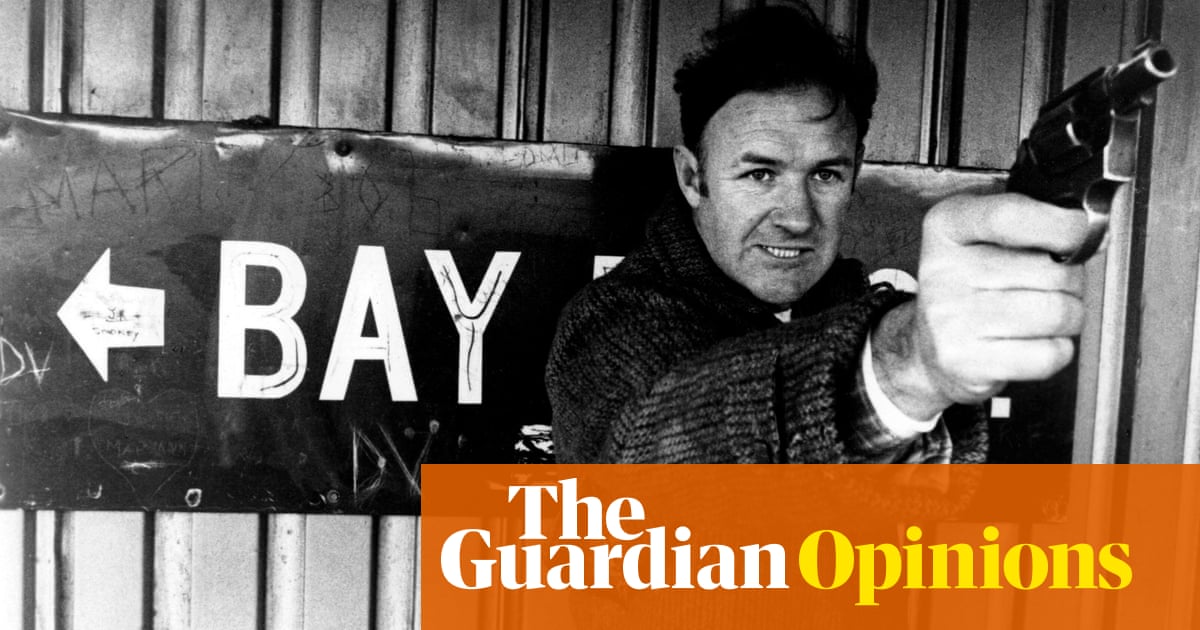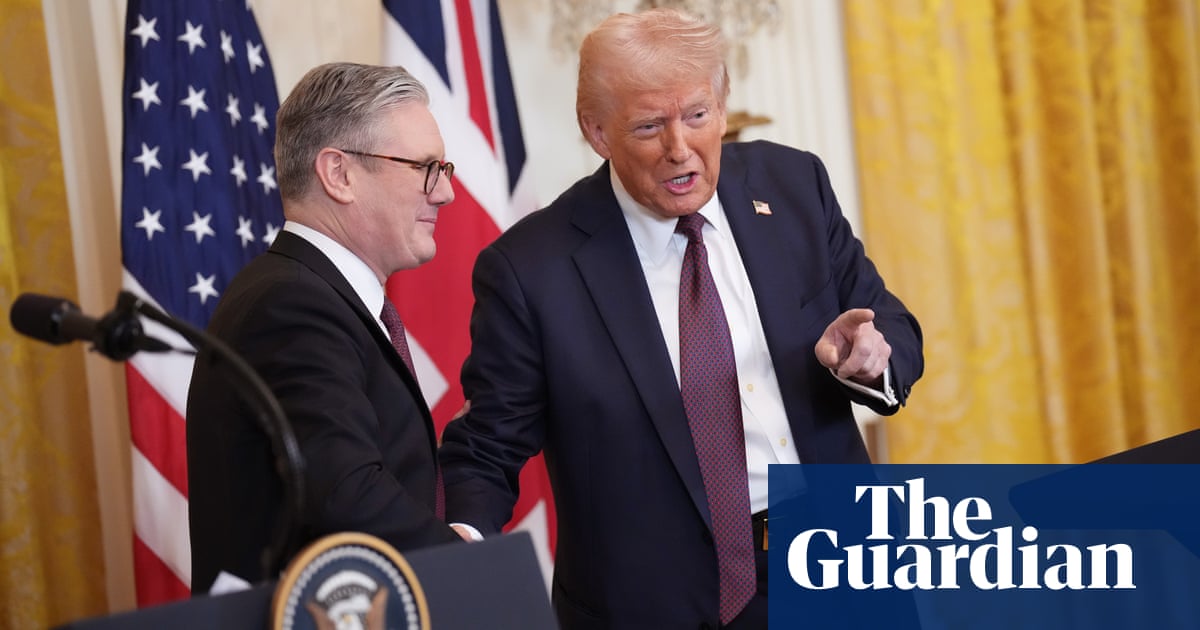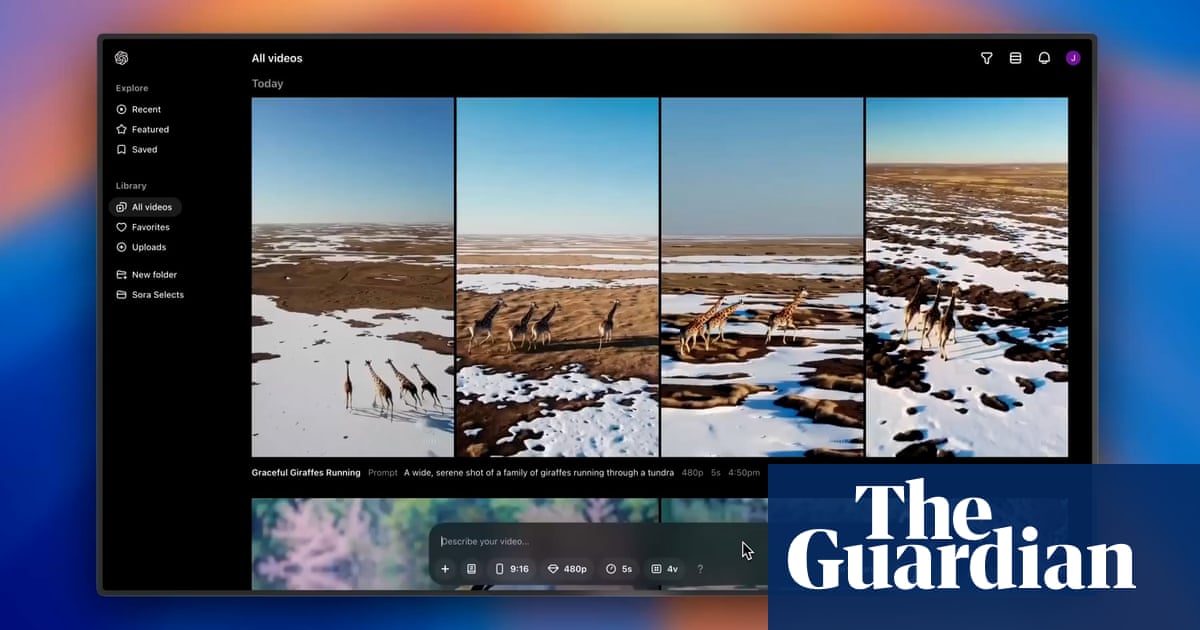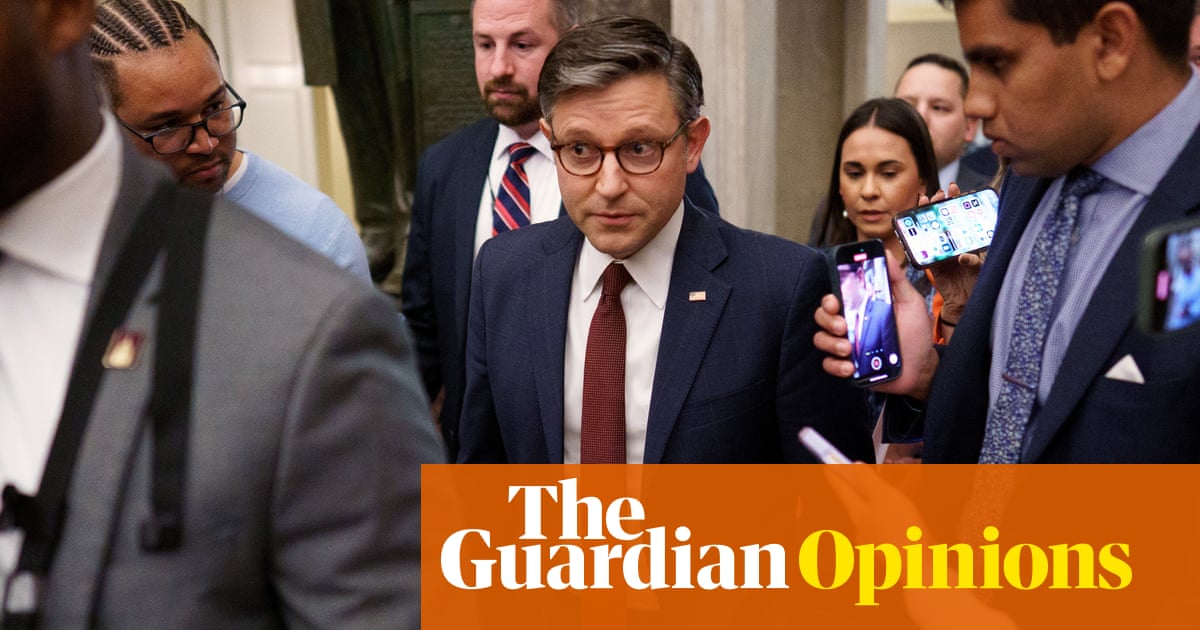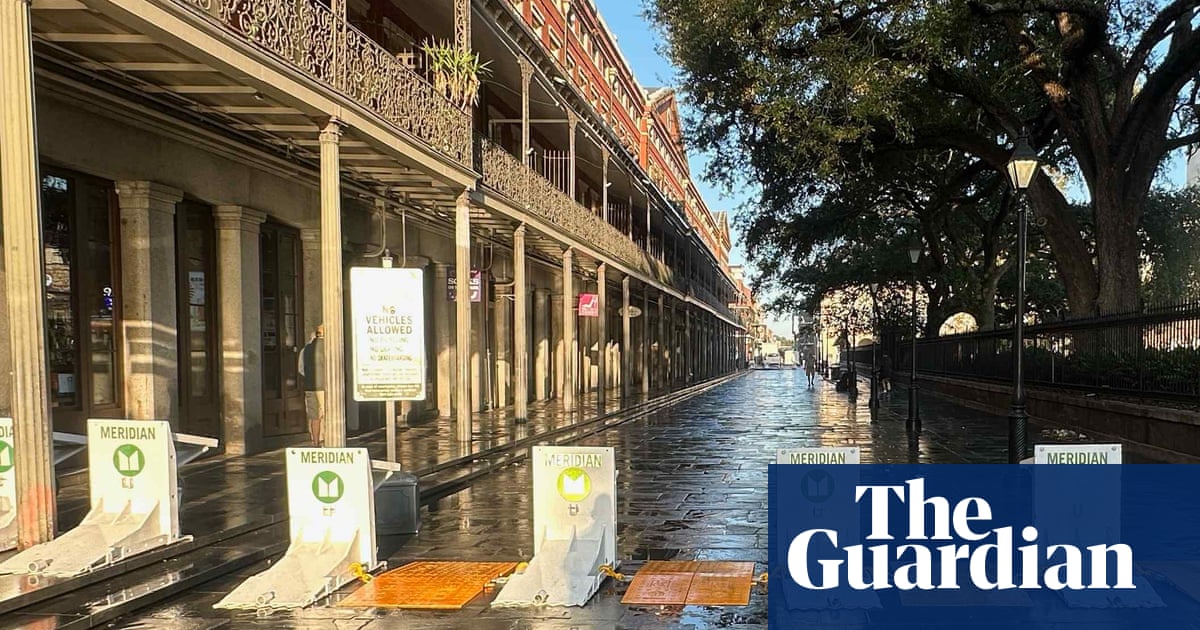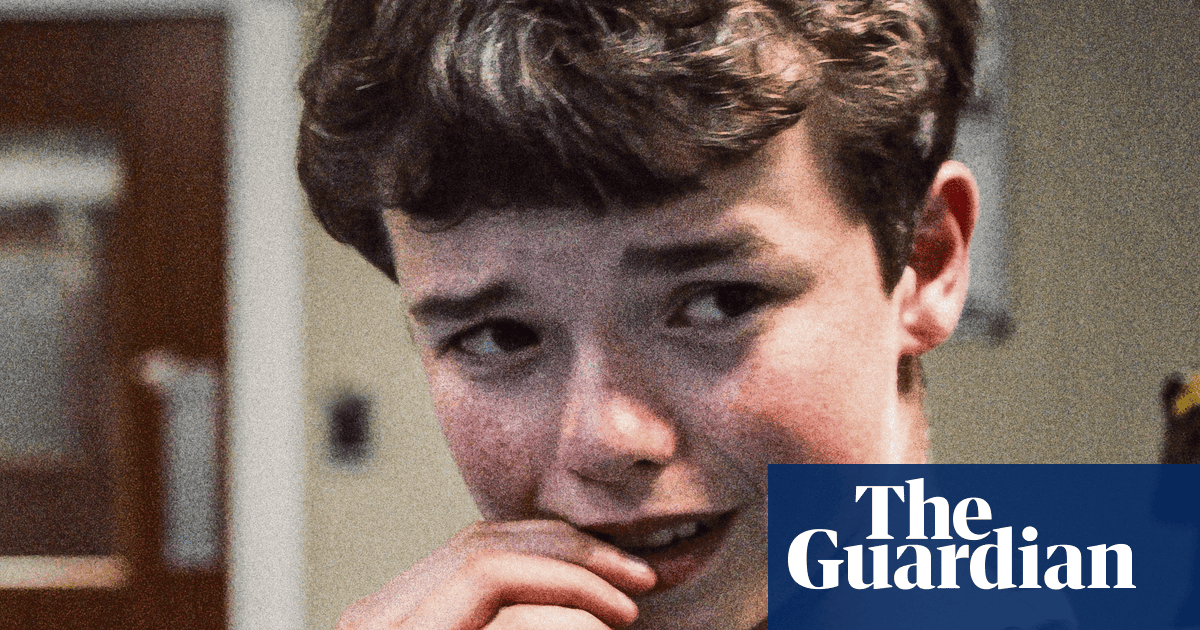Key events Show key events only Please turn on JavaScript to use this feature
Trump briefly wanted to cancel Zelenskyy's visit - French media
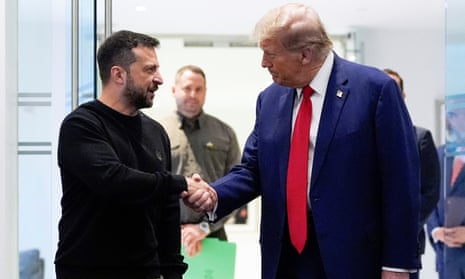
The relationship between Zelenskyy and Trump is so fraught that French media are reporting that the US president even allegedly considered cancelling the visit altogether – only to be persuaded by French president Emmanuel Macron.
BFMTV claimed, quoting a diplomatic source, that Trump’s team told Ukraine on Wednesday that the meeting was going to get cancelled, prompting Zelenskyy to speak with Macron, who intervened on his behalf.
Ultimately, the invite was back on the table and so we are expecting to see Zelenskyy at the White House later today – but there will definitely be a sense of nervousness until not only the meeting starts, but until it concludes, with many potential issues that could derail the talks.
But it is notable how Trump’s language on Zelenskyy has shifted after last night’s meeting in Starmer: no longer a “dictator,” the Ukrainian leader was instead praised by the US president.
Let’s see what language we’re going to hear today.
What European papers say
Looking at European papers today, there is a somewhat mixed sentiment about the deal that is expected to be signed later today.
Discussing Starmer’s visit to the White House, German magazine Der Spiegel joked that any meeting with Trump has “nail-biting potential,” as observers “never know how it will end.” “Will he want to annex, integrate, buy something? Or just rename?,” it said.
On the mineral deal, it said that it was increasingly clear that the agreement was not just about the minerals, but “primarily how they want to shape their relationship under president Trump.”
Similarly, French Le Monde said the deal was just “a first step before a comprehensive agreement,” but “remains [the means to] succeed in getting closer to the American president.”
But not everyone is upbeat.
Denmark’s Berlingske criticised the proposed deal in harsher words, calling out that its logic could be seen as “profound disloyalty to the allies in Europe, who have collectively made a greater contribution to the war than the US.”
It noted that the current draft is still better than the initial proposal, but urged caution saying: “The gap between the mineral agreement and Trump’s rhetoric is almost too good to be true. Therefore, there is one message to Ukraine on the day Trump and President Zelensky are to sign the deal: Don’t trust him.”
Poland’s Gazeta Wyborcza also praised Zelenskyy for rejecting the first draft of the agreement, saying it more resembled historical extortion arrangements between the colonisers and the colonised.
“Zelenskyy has not given in to the pressure of Trump’s abuse and defends himself and the interests of the state, driving a hard bargain with the new administration,” it argued.
Putin would 'keep his word' on Ukraine peace deal, Trump insists & other key developments
In other key developments on Ukraine:
-
Donald Trump insisted that Vladimir Putin would “keep his word” on a peace deal for Ukraine during his meeting with Starmer. Trump also refused to commit to deploying US forces to support a European-led peacekeeping force.
-
However, Trump reiterated his support for the Nato principle of collective defence under Article 5 of the Nato treaty. He said “I support it. I don’t think we’re gonna have any reason for it. I think we’re going to have a very successful peace.”
-
After their bilateral meeting, Starmer said he had been clear that “the UK is ready to put boots on the ground and planes in the air to support a deal.” He said he was “working closely with other European leaders on this” and that working with allies was “the only way that peace will last”.
-
Kaja Kallas, the EU foreign minister, has accused Donald Trump of falling for a Russian narrative by closing the door on Nato membership for Ukraine. “Why are we in Nato? It is because we are afraid of Russia. And the only thing that really works – the only security guarantee that works – is Nato’s umbrella,” she said.
-
Kallas – a former prime minister of Estonia, which borders Russia – also questioned Trump’s approach to a peace deal. “My question is, why we should give Russia what they want on top of what they have already done – attacking Ukraine, annexing territory, occupying territory, and now offering something on top of it? … Consider here in America that after 9/11 you would have sat down with Osama bin Laden and said ‘OK, what else do you want?’ I mean, it’s unimaginable.”
-
Given the tone of her comments, you will be probably somewhat less surprised to learn that her meeting with US counterpart Marco Rubio got cancelled at a very late notice due to, erm, “scheduling issues” – only after she landed in the US.
-
Russian forces staged mass strikes late on Thursday on energy targets in the Kharkiv region of north-eastern Ukraine, the regional governor said. Oleh Syniehubov said one man was injured in a Russian attack on the town of Balakliia, south-east of Kharkiv. Ukraine’s air force reported threats of attacks by glide bombs and drones in the region.
-
North Korea has sent more soldiers to Russia and redeployed several to the frontline in Kursk, the South Korean spy agency told Agence France-Presse on Thursday. “The exact scale is still being assessed,” an official said.
-
Nato allies to Ukraine are preparing billions more in aid and contributions to security guarantees, the Nato secretary general, Mark Rutte, said on Thursday, adding he had had a great talk with Donald Trump.
Key takeaways from Trump-Starmer meeting
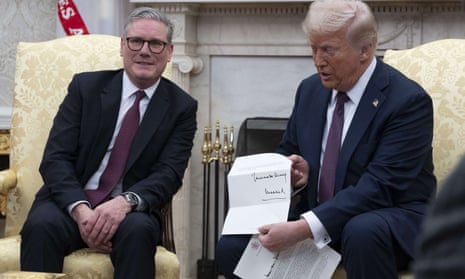
If you want to catch up on the key developments from last night’s meeting between Trump and Starmer, our global affairs correspondent Andrew Roth has this helpful summary for you.
Keir Starmer’s meeting with Donald Trump this week comes at a crucial moment for the war in Ukraine and the future of the Nato alliance. Europe is looking for leaders who can engage Trump on the future of the continent as the US leader appears more inclined to demand tribute from his allies and cosy up to Vladimir Putin.
Can the “special relationship” between the US and the UK save the day? Or has the era of transatlantic cooperation ended in the era of “America first”? Starmer has already established a friendly rapport with Trump and comes bearing promises to raise defense spending and negotiate on trade, but can that overcome Trump’s impulse to abandon Europe and strike a deal with Russia to end the war as quickly as possible?
Morning opening: The Art of the Deal

Jakub Krupa
Ukrainian president Volodymyr Zelenskyy is expected to sign a rare earth minerals deal on a visit to the White House on Friday, even though the host, Donald Trump, has said it will not contain significant security guarantees for Kyiv.
Key details of the agreement have still to be confirmed but it is understood it would establish a joint fund between the US and Ukraine that would receive revenues from the mining of rare earth metals and other precious minerals in Ukraine, as well as some oil and gas revenues. The fund would invest in projects in Ukraine.
Relations between the US and Ukrainian presidents became acrimonious earlier this month after Kyiv and Europe were excluded from US-Russian peace talks and Zelenskyy resisted US pressure to sign a previous version of the deal that he said “10 generations of Ukrainians will have to pay back”.
But on Thursday, meeting with UK prime minister Keir Starmer, Trump distanced himself from previous remarks in which he falsely called Zelenskyy a dictator. “Did I say that? I can’t believe I said that,” he said, before admitting that the relationship between the two men had got a “little testy” over financial support but was now on firmer ground.
In a further sign of a healing relationship between the two, Trump praised Zelenskyy as “very brave” and said he got along with him “really well”.
However he resisted Starmer’s urging to provide firmer security guarantees for Ukraine, instead suggesting the US having a multibillion dollar stake in Ukraine’s rare earths sector with US workers on the ground would be enough of a deterrent for Russia.
He also said that if British peacekeepers were in Ukraine they “don’t need much help” and could “take care of themselves” although he did add “if they need help, I’ll always be with the British”.
We will see if that generally positive tone of the Trump-Starmer meeting carries into Zelenskyy’s much-awaited visit today.
In a sign of growing urgency, Trump said about a peace deal yesterday that “it will be fairly soon or it won’t happen at all.” Let’s look out for further signs of what he means by that.
Zelenskyy is due to arrive at the White House 5pm CET (4pm GMT). I will bring you all the latest throughout the day.
It’s Friday, 28 February 2025, and this is Europe live. It’s Jakub Krupa here.
Good morning.

.png) 5 hours ago
3
5 hours ago
3

